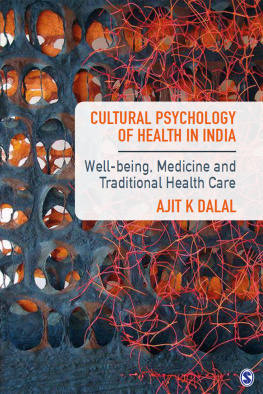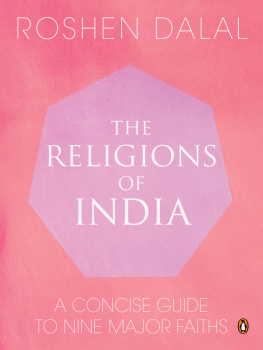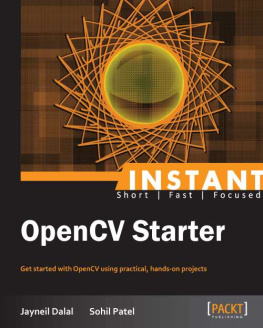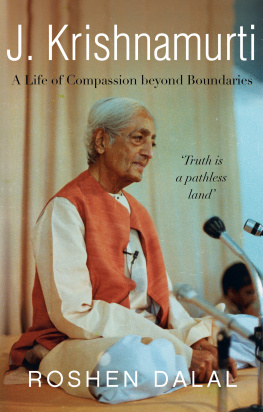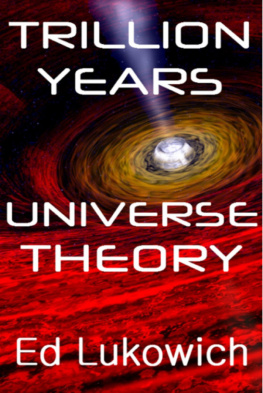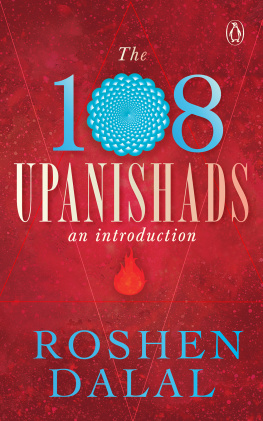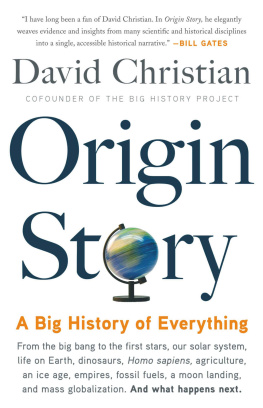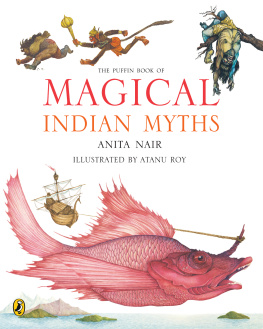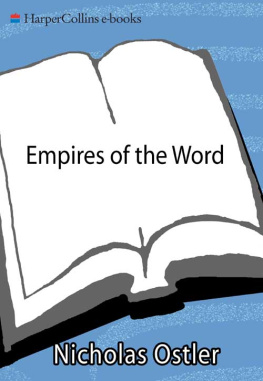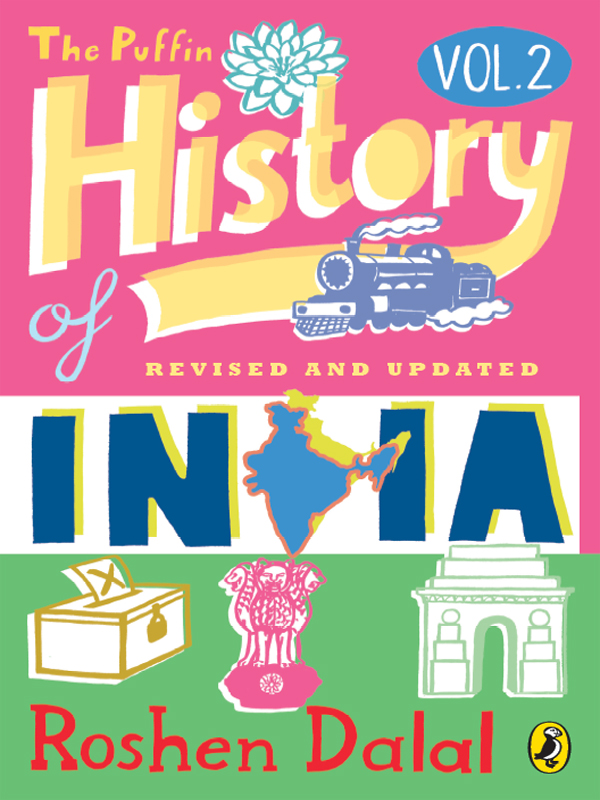IndiaAncient, Eternal, Ever New
Some extracts from Jawaharlal Nehrus message to the press on 15 August 1947.
The appointed day has come the day appointed by destiny and India stands forth again, after long slumber and struggle, awake, vital, free and independent. The past clings on to us still in some measure and we have to do much before we redeem the pledges we have so often taken. Yet the turning point is past, and history begins anew for us, the history which we shall live and act and others will write about.
It is a fateful moment for us in India, for all Asia and for the world. A new star rises, the star of freedom in the East, a new hope comes into being, a vision long cherished, materializes. May the star never set and that hope never be betrayed!
We rejoice in that freedom, even though clouds surround us, and many of our people are sorrow-stricken and difficult problems encompass us. But freedom brings responsibilities and burdens and we have to face them in the spirit of a free and disciplined people.
The future beckons us. Whither do we go and what shall be our endeavour? To bring freedom and opportunity to the common man, to the peasants and workers of India; to fight and end poverty and ignorance and disease; to build up a prosperous, democratic and progressive nation, and to create social, economic and political institutions which will ensure justice and fullness of life to every man and woman.
To the nations and peoples of the world we send greetings and pledge ourselves to cooperate with them in furthering peace, freedom and democracy.
And to India, our much loved motherland, ancient, eternal, and ever-new, we pay our reverent homage and we bind ourselves afresh to her service.
Introduction
While most students are familiar with Indias history up to Independence, they do not know much about the period after 1947. In this book I have tried to provide an outline of Indias history, politics and economic and social development after Independence, in a clear and readable way.
I have consulted various sources, too many to list here, but among the main books are:
Bipan Chandra et al, India after Independence; D.G. Tendulkar, Mahatma, Life of Mohandas Karamchand Gandhi, 8 vols; Jawaharlal Nehru, Speeches, 5 vols; Patrick French, Liberty or Death: Indias Journey to Independence and Division; Durga Das, India from Curzon to Nehru and After; S. Gopal, Jawaharlal Nehru, A Biography, vols 1-3; Jean Alphonse Bernard, From Raj to the Republic; S.S. Gill, The Dynasty: A Political Biography of the Premier Ruling Family of Modern India; V.P. Menon, Integration of the Indian States; Penderel Moon, Divide and Quit; Mushirul Hasan, Indias Partition; Alok Bhalla, ed., Stories about the Partition of India; Urvashi Butalia, The Other Side of Silence; B.N. Mullik, My Years with Nehru: The Chinese Betrayal; C.P. Srivastava, Lal Bahadur Shastri; Indira Gandhi, Speeches; Inder Malhotra, Indira Gandhi, A Biography; Rajiv Gandhi, Speeches; Ranbir Vohra, The Making of India; J.N. Dixit, India-Pakistan in War and Peace; Prakash Singh, Kohima to Kashmir; Paul R. Brass, The Politics of India since Independence; C.P. Bhambhri, Indian Politics since Independence, 2 vols; V.P. Dutt, Indias Foreign Policy; D.D. Basu, Introduction to the Constitution of India.
Newspapers and magazines consulted include The Hindustan Times, The Times of India, The Hindu, India Today, Outlook and Frontline. I have also consulted official web sites of government departments and political parties.
Statistics and details on development vary in different sources; I have mainly used the reference annuals of the Publications Division of the Government of India, beginning with India 1953, up to India 2003; the Tata Statistical Outline; the 1991 and 2001 census; and the USA Statistical Abstracts.
I would like to thank the people who have contributed to this book in various ways.
Paul Vinay Kumar of Penguin India urged me to write this book for several years until I agreed. Nandini Mehta read through the manuscript and provided valuable suggestions and advice; my mother Nergis Dalal improved the language and expression; many of my friends helped with information and sources, particularly Ardeshir Dalal, Brajadulal Chattopadhyaya, Chanda Rani Akhouri, Ela Trivedi, Kapil Malhotra, Novy Kapadia, Rita Vohra and Shahnaz Arni; Udayan Mitra of Penguin India consistently and patiently provided encouragement and advice through the various stages of writing this book.


